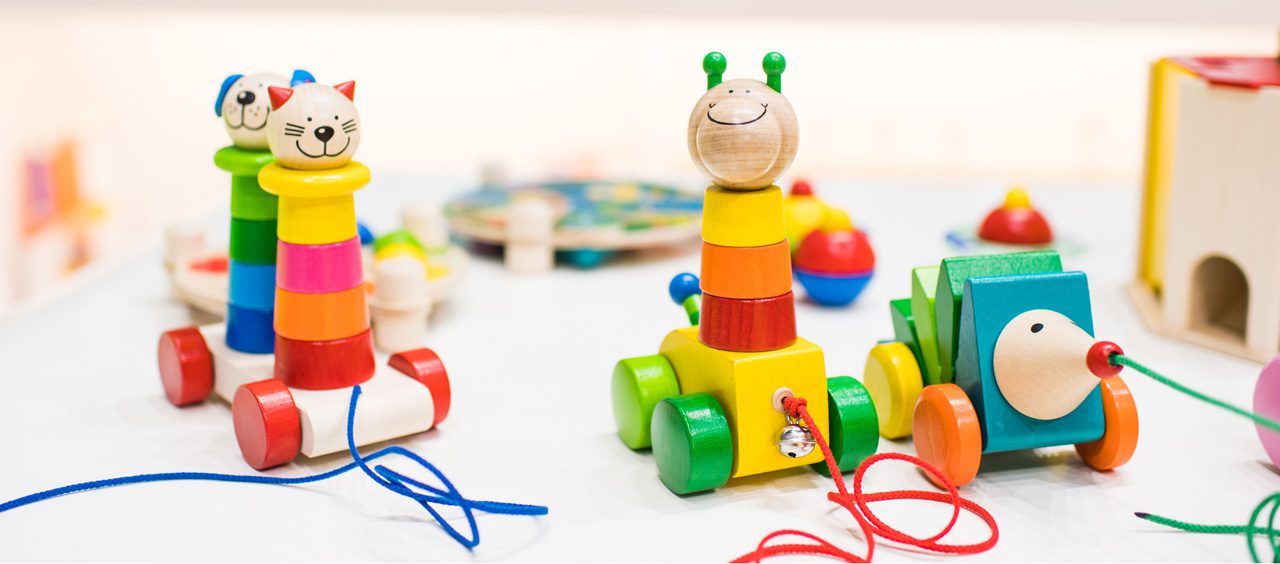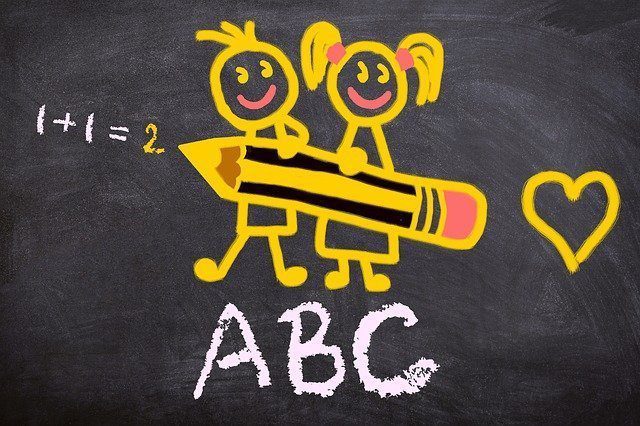At a young age, kids are curious about everything. They want to explore, touch every object, smell every scent, and get to know the world to the fullest. They can easily be compared to a blank piece of paper that is yet to become a masterpiece. Kids are extremely interested in the surrounding environment and are eager to learn. During this stage of their life, the support they receive when it comes to learning new things will be of essential importance for their future development and growth as individuals.
In this article, we’ll focus on educational toys and explore in more depth the benefits that they have on a child’s growth. We’ll look at the time periods when they should ideally be used and give some examples of toys that could do wonders with your child’s development.
What are educational toys?
Although a lot of different toy types can certainly have an influence on your child’s growth, development, and IQ, not all of them are classified as educational. An educational toy is one that has the specific purpose of developing a certain skill or is themed around a certain topic with educational purposes. Regardless, it’s safe to say that all toys can have an educational effect on the child as long as they are used correctly and with that purpose.

Introducing such toys to your little one while they are young is a great way to get them interested in learning in general. Most of us are familiar with the stress that can be accumulated in school or university when there is so much information out there that you are expected to chew up and remember. Developing a habit of learning and making connections early on is bound to help children get through different stages of life easier.
How can educational toys help your child grow?
Apart from being extremely fun and entertaining, kids’ educational toys have a lot more to offer. They are like a child’s schooling while they spend the majority of their time at home. Let’s see what some of the main skills that activities with educational toys can develop.
Educational toys can develop physical abilities
Not a lot of people consider toys a physical exercise as they are normally small in size and light in weight. However, toys do require children to pick them up, potentially carry them around and place them in a different spot. Educational toys develop arm and leg muscles in your child’s body at a very young age. They can help you teach your baby to sit up, crawl, or walk.
They can be a great resource for your kids’ physical development, even if you didn’t purchase them with that exact ability in mind. Nonetheless, you’ll notice your child changing and growing by spending more time with their favorite toy.
Educational play teaches children how to communicate
Social skills are among the most important parts of human life, regardless of age. Our ability to communicate with others stays with us for the rest of our lives and can open doors for us, expose us to new opportunities, help us make friends, and more. Having friends and being socially accepted is important for our self-esteem, feeling of belonging, and overall happiness. And social skills form earlier than you might expect.
It may be surprising to learn that social skills start developing in a baby before they even turn six months old. In most cases, you can see the first signs of social development at the age of three months, when babies start smiling. It’s important to provide your little ones with educational toys that can help build communication, sharing, taking turns, the concept of following guides and rules, working in a team, and playing honestly. These traits will stick with your child as they grow older and are important for establishing their future lifestyle and morale.
Problem-solving can be developed via educational toys
There are certain toys that have been created to specifically train problem-solving in children and teach abilities like deductive reasoning and creative thinking. Construction toys, puzzles, and brain teasers are all great examples of toy types that successfully achieve this. The idea behind these games is for the kid to find their own solution for a given problem. Sure, there may be some rules to follow but it is up to them to find the answer and complete the task. Activities like using building blocks to create a structure help children think outside the box and make connections between other things they’ve tried before and the particular situation.
Playing with educational toys prepares kids for school
If you could remember your first day at school how would you define it? For most people, the experience is both exciting and a bit scary. There are so many new and unknown things that are expecting you, new people, new surroundings, new information. School can certainly be stressful for children with no or little preparation with similar activities.
Luckily, you can help you little one prepare by introducing them to the right toys, which will help them develop skills that will be used on a daily basis in school. For instance, coloring books, recognizing letters and numbers, knowing basic things about animals and nature, and more. All of these could easily be learned by simply enjoying a good educational game with fun toys. Remember that children’s focus and concentration are not yet developed and they easily get bored with routine. Keep things interesting by having a range of educational toys up your sleeve.
Educational toys are great for developing the senses
It’s highly unlikely that any of us remember the first sound that we ever heard or the first object that we touched. Playing with educational toys can help children develop their senses, the most common ones being touch, sight, and hearing. Most toys are created using bright colors and some of them even make use of different noises. For instance, your child could learn about the sounds different animals make or learn new words. This also helps with personality development as children continue loving the certain sounds, materials, and colors that they’ve encountered earlier in their lives.
How old should a child be to play with educational toys?
Your little one is never too young to start experiencing the joy of educational play. Some of you may be surprised to learn that a child can be as young as 3-months-old when they start learning the first things about their surroundings. At this age, this is mostly done via reflexive actions. They start to spontaneously kick, smile, move their arms. At this phase, they are only able to focus on things happening about eight inches from their faces. For example, a sweet lullaby box is the perfect choice of educational entertainment during this stage. This educational set not only helps your children fall asleep but introduce different sounds for the first time.

When the baby reached 4 to 7-months-old, they start forming a systematic way of behaving and reacting. They can visually follow objects far away and are attracted to bright colors and complex patterns. Children at this age can tell apart objects and even categorize them. Once they reach 7 months of age, they can sit without help and can easily manipulate objects. Their motor skills have started to develop and they are able to grab onto objects using a craw-like grip.
Once they’ve reached 8 months and after, they can start playing with building blocks or crazy bricks. They may not be able to fully exploit the benefits but they will learn how to move objects around, place them together with others, and start to explore the cause and effect relationship. Just before they turn a year, they’re likely to start understanding what happens underneath the surface of their favorite toy.
Make learning fun
The older the child grows, the more complex educational toys you can introduce them too. Observe how they react to different types of play and try to keep things simple at first. Pushing your little one into tasks that are too difficult for their age could be demotivating and could cause them to lose interest fairly quickly.
Learning via educational toys is one of the greatest ways to attract kids’ attention to knowledge, science, and exploring new ideas and facts. It’s also a perfect way to spend some time together and develop your little one’s trust towards you. Start early and make sure to select the perfect toy for your child, depending on their age and preferences. Enjoy!






































One Response
Très bon article, vous m’avez donnez des idées. merci : )